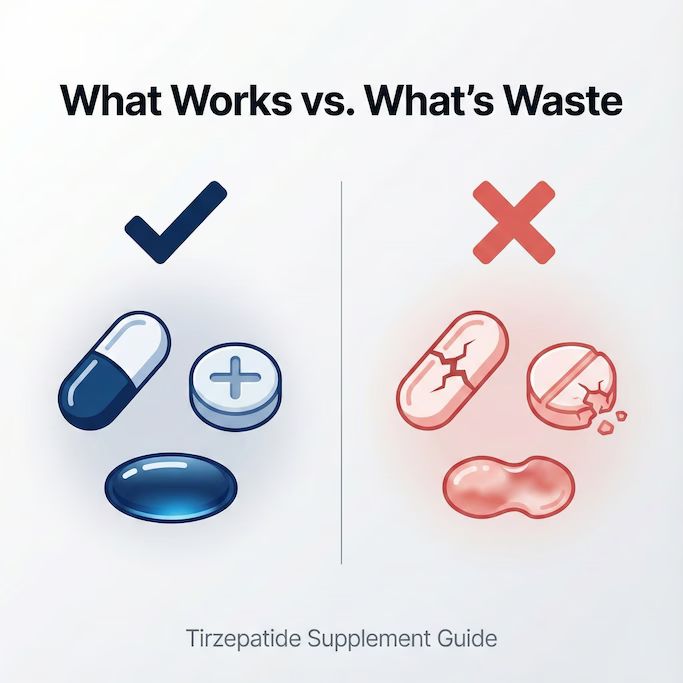In Michael Jordan’s first six seasons with the Chicago Bulls, he won NBA Rookie of the Year, Most Valuable Player (MVP), and four scoring titles. He also earned one defensive player of the year award, four All-NBA First-Team bids, five trips to the All-Star game, and an Olympic gold medal.
Despite his individual success, the Bulls did not reach the NBA Finals once during this span. Many speculated, “Will Michael Jordan be the greatest basketball player to never win a championship?”
Jordan’s seventh season in 1990 began at a sluggish pace —until head coach Phil Jackson appointed Bill Cartwright as co-captain alongside Jordan. The Bulls won twelve of their next thirteen games, were in first place by March, and went on to win their first of six championships.
Cartwright and Jordan were known to have a turbulent relationship, but looking back, Jordan admitted that Cartwright made all the difference for their championship run. It makes us wonder, how did Bill Cartwright help turn the Bulls into the most dominant NBA team of the 90s?
And what is it that makes a great team so great? What do great teams have in common and how do some sustain greatness while others get a taste, only to crash and burn soon after?
Often, it all starts at the top
In sports, good leadership is an art. It’s about making those tough calls: who makes the team, who takes the crucial shots, and who steps up from the bench. When you’re not winning, these decisions become even more critical.
When Chicago Bulls head coach Phil Jackson named Cartwright as co-captain alongside Jordan, he understood that success is not just about having the best players. It's about finding the right balance between many different factors, including skills and leadership. Cartwright might not have been the star player, but he was the leader they needed — someone who could inspire and positively influence the team. They also had Jordan, a leader in his own right, ready to deliver exceptional performances consistently.
Chemistry is key
For long-term success, you need team-spirited players. A true test of cohesion often lies in how a team responds under pressure. Does the team search for excuses or look within for the solution? Do teammates support or turn against each other?
Let's look to the New England Patriots. Their ethos, often referred to as 'The Patriot Way,' embodied a winning culture centered on a team-first mindset. This approach was epitomized by Tom Brady, who consistently prioritized the team's success over personal gains.
He was known for taking less money so the team could sign impactful free agents, ensuring the team remained competitive. This selfless attitude, coupled with a mantra of 'Do your job,' created an environment where players focused on collective achievement rather than individual statistics. Many attribute this philosophy to the Patriots' success over nearly two decades, which included six championship titles.
This is rare and why some teams get a taste of greatness but cannot sustain it. Teams that win championships often stop being great not because of other teams, but because of internal problems. Players want more money, more attention, more endorsements. They become too focused on themselves and less focused on team success. But chemistry and good culture are needed to carry a team forward.
Talkin’ about practice
Remember, though, the heart of a great team isn't just team chemistry and leadership. To elevate a team from good to great, you need players who are a cut above the rest — and willing to put in the work needed to get there.
After his second year at Michigan, Brady wanted to transfer because he wasn’t starting.
His coach told him, “You came here to be the best. If you’re going to be the best, you have to beat out the best.”
Then Brady started meeting with Greg Harden, a counselor who worked in Michigan’s athletic department. Brady wondered how he was supposed to get better when they were only giving him two reps.
Harden replied, “Just go out there and focus on doing the best you can with those two reps. Make them as perfect as you possibly can. Go out there and treat practice like no one else does.”
“So that’s what I did,” Brady said. “They’d put me in for those two reps, man, I’d sprint out there like it was Super Bowl 39. I brought enthusiasm, I brought energy. Soon, it went from getting two reps to getting four reps. Then from four to 10. Eventually, I became the starter.”
Brady overcame being average-at-best in almost every physical aspect in one of the most physical sports because of his hard work on and off the field. He’s the first to say it.
Geno Auriemma, coach of UConn's women's basketball team — the most successful program in the sport — firmly believes that this dedication to hard work is the difference between exceptional and average players.
He says, “I took my kids to West Point so they can train for the day with those guys. They have the saying, “don’t do the easy wrong, do the hard right.” Who does that? The exceptional people…I’ve had players that they’re going to get up in the morning and they’re gonna work. They’re gonna be an All-American whether you help them or not.”
It's clear that great athletes often share a common thread: a relentless dedication. They play smart and with discipline. Support their teammates and listen to their coach. Practice the fundamentals. Delay gratification.
While not everyone is born with the genetics of a LeBron James, the path to greatness is accessible through perseverance, sacrifice, and diligent practice.
Dr. Cam’s Health Hack
Feeling inspired by the spirit of collaboration in the pursuit of greatness? Check out this perspective on teamwork from Dr. Cam, CEO of Maximus:
“Choosing who you work with is just as important as what you work on. We know from the military and sports teams that 'esprit de corps,' or a group's morale/spirit, stems from personal connections and team pride. Mission inspires, but camaraderie bonds.”
Some important takeaways
1. Leadership matters: Star players alone won’t cut it. Success hinges on the right blend of leadership and talent.
2. Team chemistry is crucial: The New England Patriots' 'The Patriot Way' emphasizes a team-first mindset over individual accolades, a philosophy that drove their long-term success.
3. Dedication and hard work: Great athletes often exemplify perseverance and relentless dedication. They play smart and with discipline and put all that they can into getting better for the sake of their team.
Disclaimer: The contents of this article, including, but not limited to, text, graphics, images, and other information, is for information purposes only and does not constitute medical advice. The information contained herein is not a substitute for and should never be relied upon for professional medical advice. The content is not meant to be complete or exhaustive or to be applicable to any specific individual's medical condition. You should consult a licensed healthcare professional before starting any health protocol and seek the advice of your physician or other medical professional if you have questions or concerns about a medical condition. Always talk to your doctor about the risks and benefits of any treatment. Never disregard or delay seeking professional medical advice or treatment because of something you have read on this site. Maximus does not recommend, endorse, or make any representation about the efficacy, appropriateness, or suitability of any specific test, products, procedures, treatments, services, opinions, healthcare providers or other information contained herein. Maximus is not responsible for, nor will they bear any liability for, the content provided herein or any actions or outcomes resulting from or related to its use.










